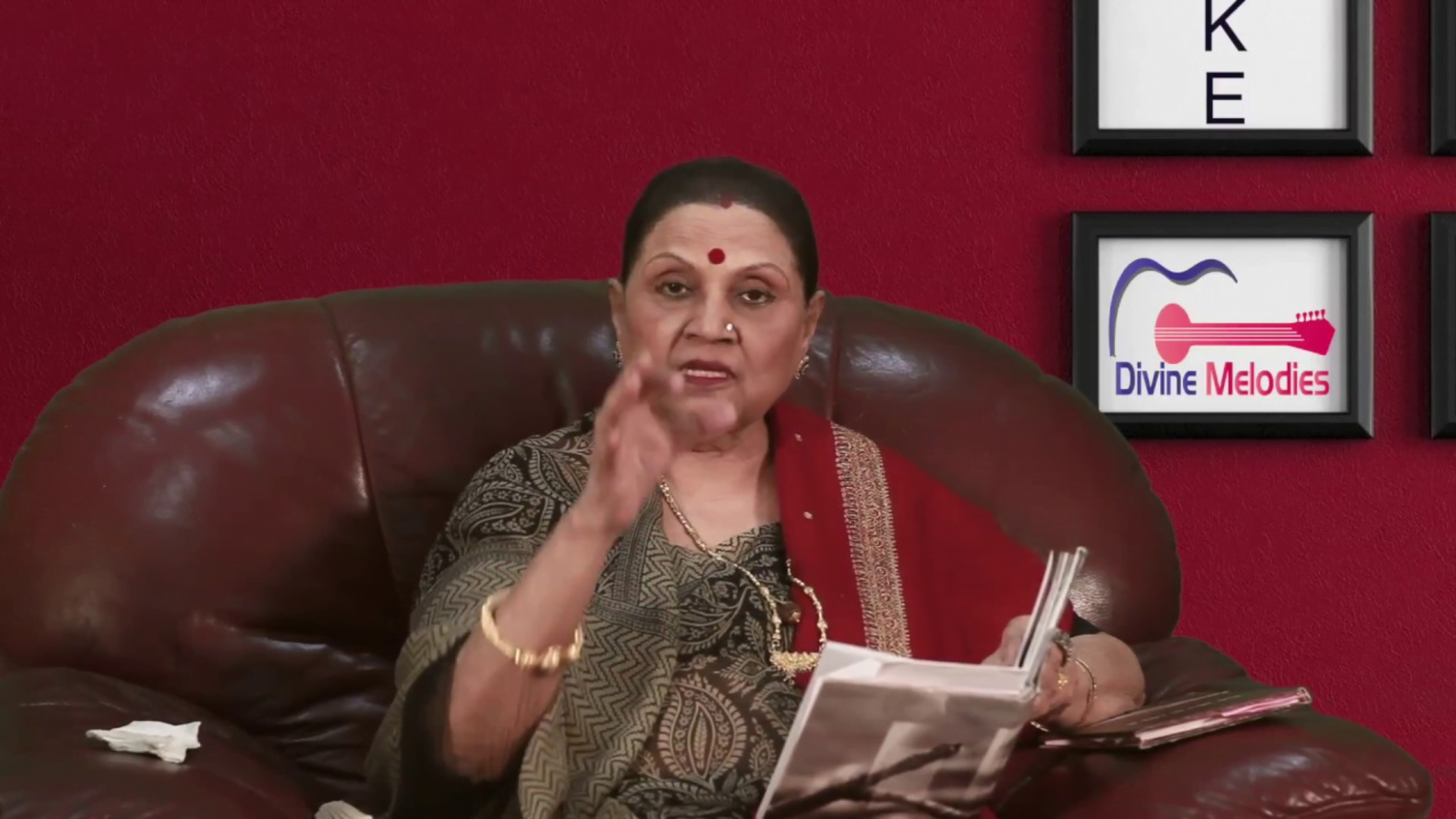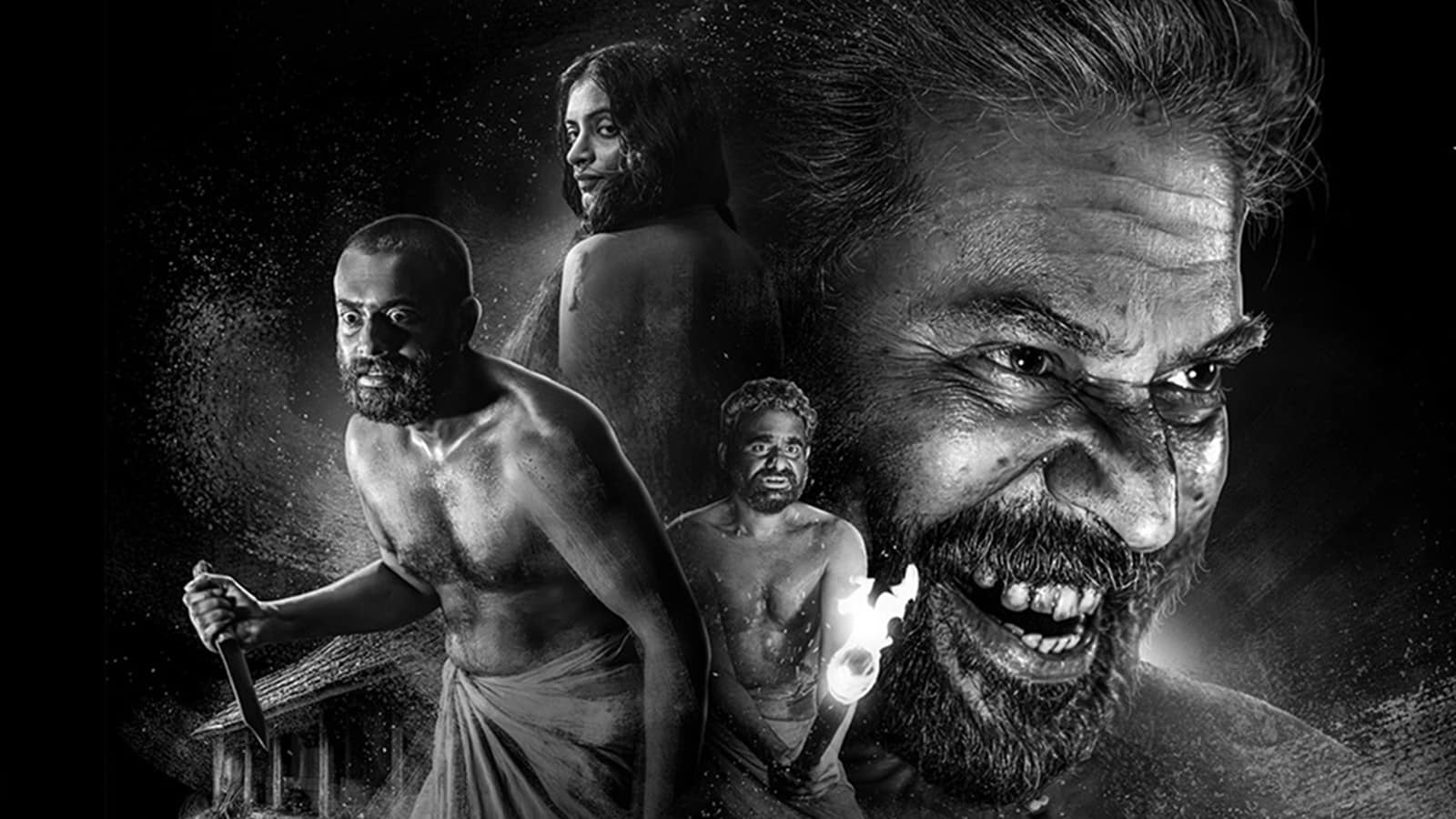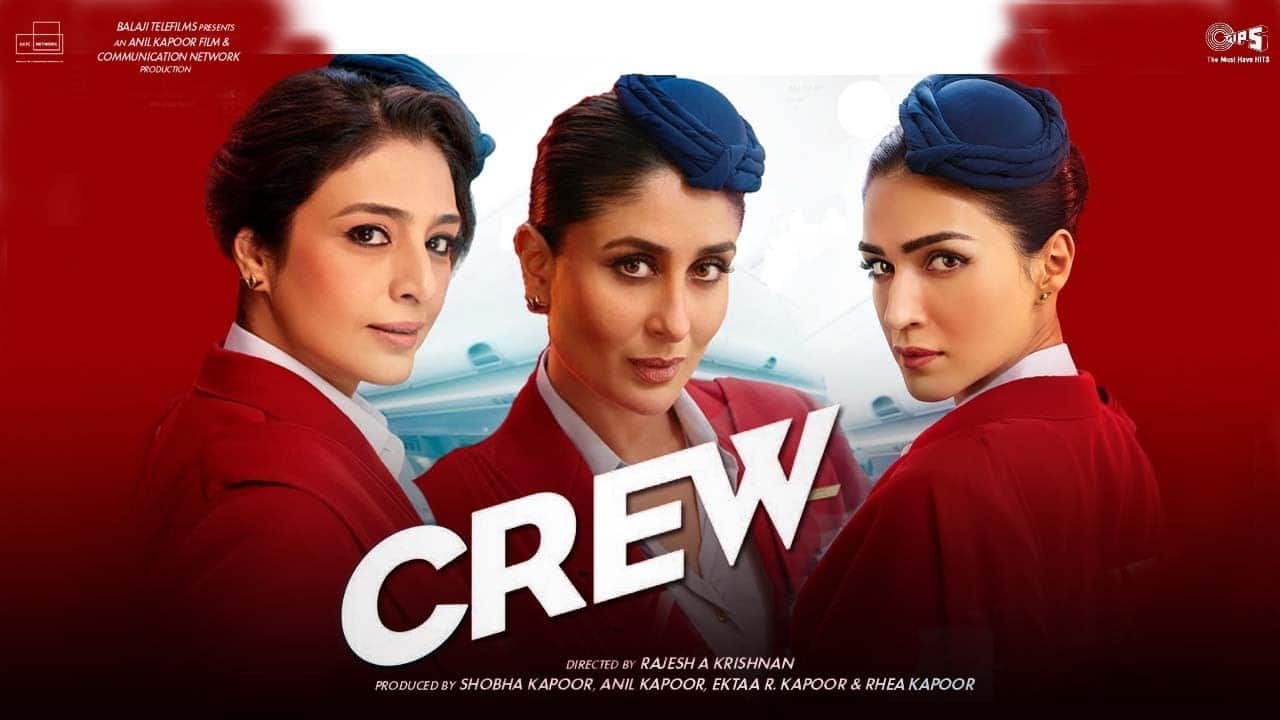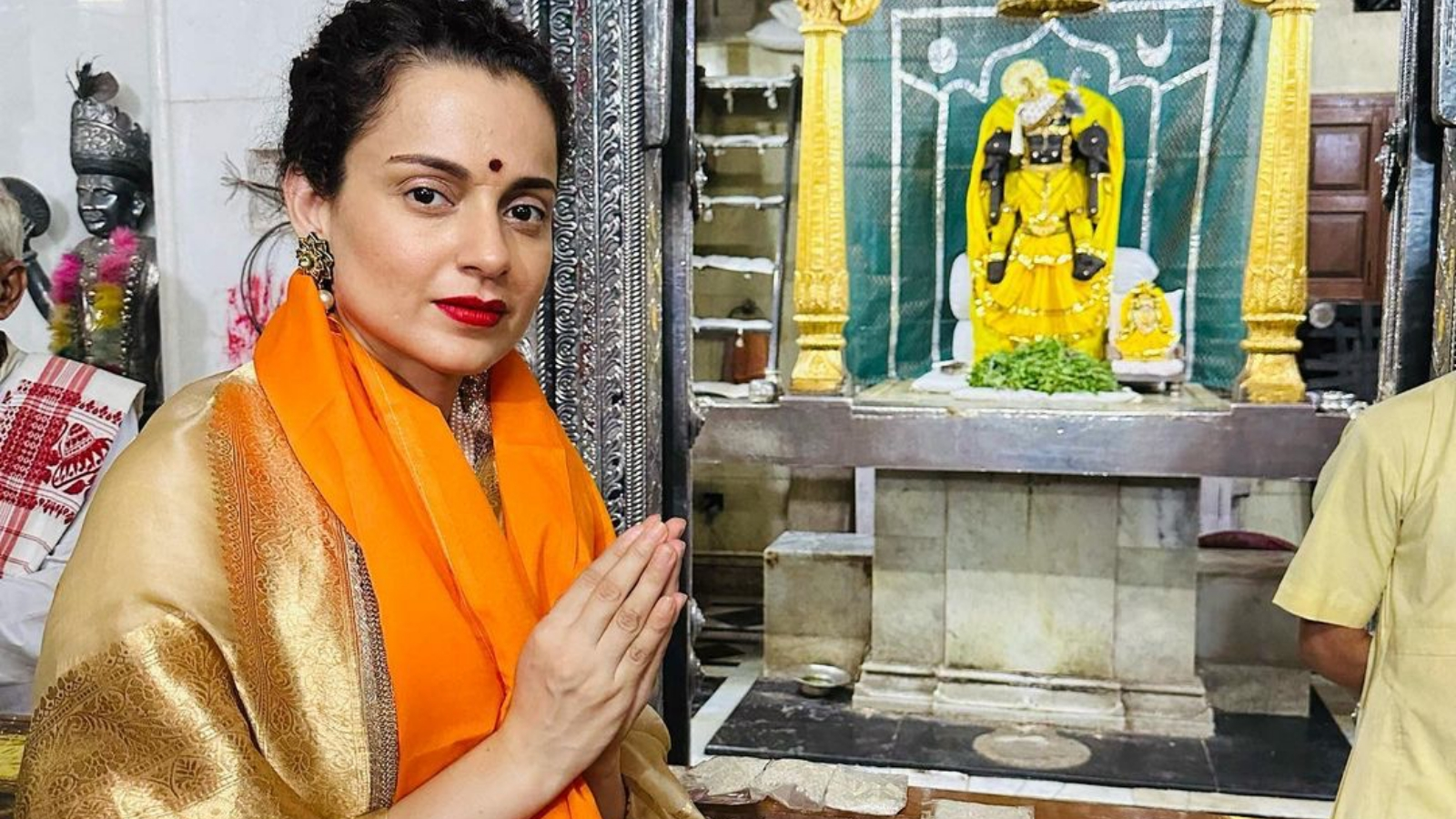At 17, a dynamic poetess from Lucknow took over Delhi’s infamous Red Fort’s Kavi Sammelan(Poets’ Convention). Her aura on the stage and her passion for her craft sparked the audience into a frenzy. She was addressed with sexist remarks and advised to take a back seat while the elders could steer the program forward. She refused and kept reciting her poetry; she even improvised on stage and changed the course of the conversation.
When the audience started hooting at her Ghazal recital and demanded her to step down, she ceremoniously replied, “Abhi aate hain, aanchal bhar suhag oudh lu” (I will come to you, let me cover myself in the veil of my nuptials.)
The wit and spontaneity marked Maya Govind differently from her peers. Her genius at her craft, coupled with her sense of humour, made her stand out. It was at a Kavi sammelan (poets’ convention) that she was spotted by Bharat Bhushan and was invited to write a few songs for Bollywood. Throughout her illustrious career spanning more than four decades, she wrote around 750 songs for 350 movies.
At 17, a dynamic poetess from Lucknow took over Delhi’s infamous Red Fort’s Kavi Sammelan(Poets’ Convention). Her aura on the stage and her passion for her craft sparked the audience into a frenzy. She was addressed with sexist remarks and advised to take a back seat while the elders could steer the program forward. She refused and kept reciting her poetry; she even improvised on stage and changed the course of the conversation.
She started her career in Bollywood in 1972. Bollywood was then dominated by men, and mostly still yes; the art of writing and composing music was almost entirely owned by them. The 70s were a tricky decade for a woman to disrupt the hierarchy and carve a niche for her erotic, feminist, and romantic words. She continued her legacy well into the indie-pop era and died of a heart attack at the age of 82.
Govind rose to prominence with her endearing romance riddle ‘Naino mein darpan hai(There is a mirror in eyes)‘ from the film Aarop shot in 1974. Her most noteworthy work includes ‘aankhon mein base ho tum‘ the title track of Main Khiladi Tu Anari, ‘Gale mein laal tie‘ (Hum Tumhare Hain Sanam), ‘Yaar ko maine mujhe yaar ne‘ (Sheesha), ‘Maine Payal hai Chhankai‘ (Falguni Pathak).
Maya Govind overcame the bias by breaking many gender stereotypes in the industry. She won over many debates with her sheer talent and forced renowned musicians to work with her. She recalls in an interview that Bhupen Hazarika refused to work with her due to his deep-seated bias against women lyricists. She forced him to lend her an ear, and only after Govind successfully moved him did he agree to record with her.
She started her career in Bollywood in 1972. Bollywood was then dominated by men, and mostly still yes; the art of writing and composing music was almost entirely owned by them. The 70s were a tricky decade for a woman to disrupt the hierarchy and carve a niche for her erotic, feminist, and romantic words. She continued her legacy well into the indie-pop era and died of a heart attack at the age of 82.
The struggle for an artist in the Bollywood industry is intense, but it is even more so for a woman. She has to work harder to prove her talent and earn the right to compete with her male colleagues. Govind never dwindled; she strove for equality and kept turning stones every step of the way.
For women to celebrate music, they need to be represented. Through a woman’s words, a woman is hailed. Govind’s words sang of the innermost emotions of a woman in the industry that was only acquainted with the plight of the man. She sang of her sentiments, her joy, her fear, and her desires.
Govind’s song ‘Atriya pe Lotan kabutar re‘ from Dalal is considered one of the most controversial songs of her career. She sings of the desires of a woman in the song. Govind remembers that she was told during the first few hearing sessions that the song would have to be censored. She vehemently disagreed, and the movie was finally released with the exact iteration of the song as was planned.
The struggle for an artist in the Bollywood industry is intense, but it is even more so for a woman. She has to work harder to prove her talent and earn the right to compete with her male colleagues. Govind never dwindled; she strove for equality and kept turning stones every step of the way.
Govind has fought the battles for a woman’s right to her words since the very beginning of her career. Even in her personal life, she always fought for what she believed was true. She was married when she was pursuing higher education. Govind had always dreamt of being independent and performing arts, but her in-laws wanted an ‘ideal bahu‘ (daughter-in-law). While she was willing to carry out all her duties, she refused to settle. She broke her marriage and returned to her home to complete her studies.

Govind’s rebellion led her to complete her studies, teach at a college, and perform at public gatherings. She was a poet, a lyricist, a singer, and an actor. She personified art and believed in expressing herself through her words. She was an established author with more than a dozen books to her name.
Maya Govind’s excellence at expressing a woman’s plight through words could be summed up in her renditions of a Mujra song. While the erotic version conveyed “Saari ratiya machave utpat, sipahiya sone na de” (He teases me all night, the lover doesn’t let me sleep), the sad version said, “tumne bhi vyapar kiya, humne bhi vyapar kiya“ (What you did was your business, and what I do is mine).
Also read: 7 Indian Feminist Poets You Need To Know About
The beauty with which she strung together the realities of society and expresses them in a poetically defined dictum is exceptional. Maya Govind was an iconoclast of her generation. Though she was celebrated in Bollywood, she refused to be known as a lyricist. She identified as a poet. Maya believed in the importance of education and had doctorates conducted to research her writing style. From a teacher to a poet to an actor to a singer to a lyricist, Maya Govind paved the way for women in the arts.
Also read: 8 Excerpts By Indian Women Poets That Prove “Poetry is Not a Luxury”
Featured image: Connecting humans through music





